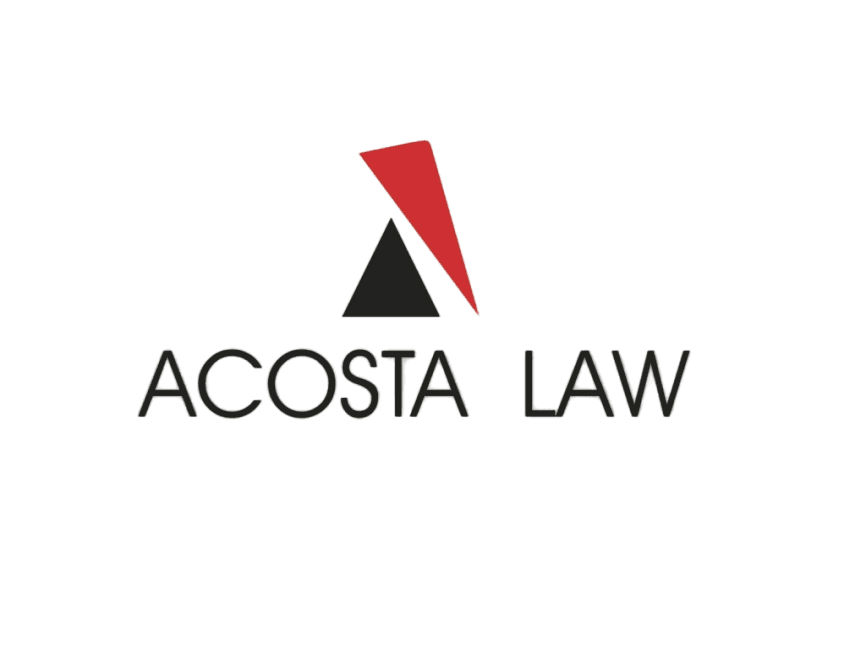Chapter 7 vs Chapter 13: Which Bankruptcy Option is Right for You?
Understanding Bankruptcy: An Overview
Filing for bankruptcy can be a daunting decision, whether you're an individual or a business. The two most common types of bankruptcy for individuals are Chapter 7 and Chapter 13. Each type has its own set of rules and implications, which can significantly affect your financial future. Understanding the differences between Chapter 7 and Chapter 13 is crucial to making an informed decision about which option suits your situation best.

Chapter 7 Bankruptcy: Liquidation
Chapter 7 bankruptcy, often referred to as "liquidation bankruptcy," involves the sale of a debtor's non-exempt assets by a trustee. The proceeds from these assets are then used to pay off creditors. This type of bankruptcy is generally suited for individuals who do not have a steady income and have significant unsecured debts, like credit card debt or medical bills.
One of the main advantages of Chapter 7 is that it typically allows debtors to discharge most of their unsecured debts quickly, usually within a few months. However, not all debts can be discharged, such as student loans, child support, and certain tax obligations.
Chapter 13 Bankruptcy: Reorganization
Chapter 13 bankruptcy is often called "reorganization bankruptcy" because it allows debtors to keep their property while repaying all or part of their debts over time, typically three to five years. This plan is designed for individuals with a regular income who can afford to pay back a portion of their debts through a structured repayment plan.

One significant advantage of Chapter 13 is that it provides an opportunity to avoid foreclosure on your home by catching up on missed mortgage payments. Additionally, Chapter 13 may allow you to discharge some debts that are not dischargeable under Chapter 7.
Key Differences Between Chapter 7 and Chapter 13
- Eligibility: Chapter 7 requires passing a means test, while Chapter 13 requires a regular income.
- Asset Retention: Chapter 7 may involve losing non-exempt assets, whereas Chapter 13 allows you to keep your assets.
- Debt Discharge: Chapter 7 offers a quicker discharge of debts, while Chapter 13 involves a longer repayment plan before discharge.
How to Decide Which Option is Right for You
The decision between Chapter 7 and Chapter 13 bankruptcy largely depends on your financial situation. If you have minimal assets and significant unsecured debts with no steady income, Chapter 7 may be the appropriate choice. On the other hand, if you have a reliable income source and wish to protect your assets, Chapter 13 might be more suitable.

Consulting with a qualified bankruptcy attorney can provide valuable insights tailored to your unique circumstances. An attorney can help you weigh the pros and cons of each option and guide you through the entire process.
The Impact on Your Financial Future
Both Chapter 7 and Chapter 13 bankruptcies will impact your credit score and remain on your credit report for several years—ten years for Chapter 7 and seven years for Chapter 13. However, filing for bankruptcy can also offer a fresh start by eliminating overwhelming debt and allowing you to rebuild your financial life.
Remember, bankruptcy is not the end but rather a new beginning. With careful planning and financial discipline, you can recover and work towards a stable financial future.
